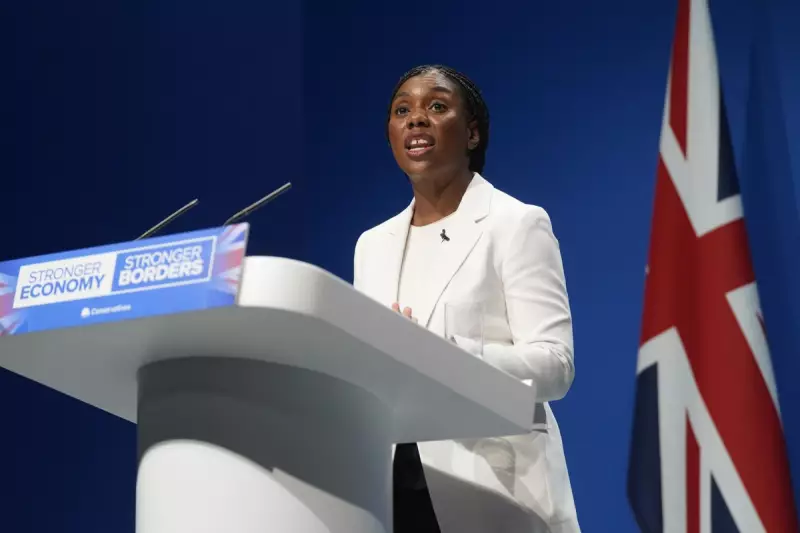
Sir Keir Starmer has issued a sobering assessment of Britain's economic challenges, declaring that the next government will inherit the most difficult circumstances since the Second World War. The Labour leader's grim prognosis comes alongside a devastating analysis from the respected Institute for Fiscal Studies (IFS).
The IFS Verdict: A Bleak Economic Landscape
The influential economic watchdog has delivered a stark warning about the state of public services, suggesting they face their darkest hour despite record levels of public spending. According to their analysis, the combination of economic stagnation and previous spending decisions has created a perfect storm that will severely constrain any incoming administration.
Sir Keir didn't mince words when addressing the situation. "The IFS are right to say that whoever wins the next election will face some very big choices," he stated, acknowledging the difficult path ahead for any future government.
Historical Context: Starmer Channels Attlee's Spirit
Drawing parallels with one of Labour's most celebrated leaders, Starmer invoked Clement Attlee's post-war government as inspiration for tackling the current crisis. He emphasised that just as Attlee faced immense challenges after the Second World War, the next government must be prepared for similarly daunting circumstances.
"The next government is going to have to, in the face of enormous challenges, find a way to improve the life chances of working people across the country," Starmer declared, setting out his vision for navigating the economic turmoil.
The Spending Conundrum: More Money, Worse Services
In what many will find a paradoxical situation, the IFS report indicates that public services are deteriorating despite historically high levels of government expenditure. This troubling disconnect between spending and outcomes presents what Starmer described as a "very big problem for the country."
The Labour leader's acknowledgement of these constraints suggests a pragmatic approach to economic management, potentially signalling a departure from traditional Labour spending policies in favour of what he terms "a decade of national renewal."
Political Implications: Setting Expectations
By openly discussing these economic challenges, Starmer appears to be managing public expectations ahead of a potential Labour government. His frank assessment of the difficult inheritance awaiting the next Prime Minister serves as both a political warning and a justification for what may be necessary but unpopular decisions.
This strategy of transparency about the country's financial position could be seen as an attempt to build credibility with voters who remain sceptical about economic management following recent turmoil.





